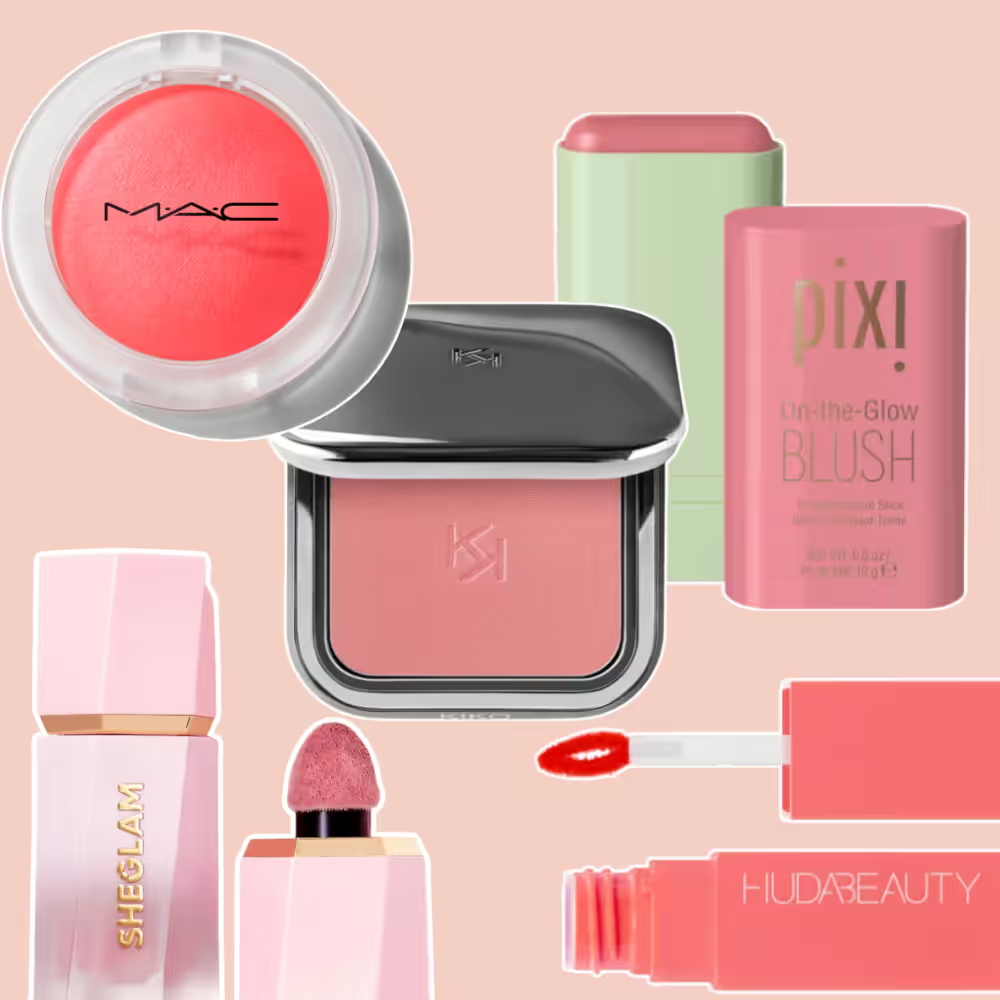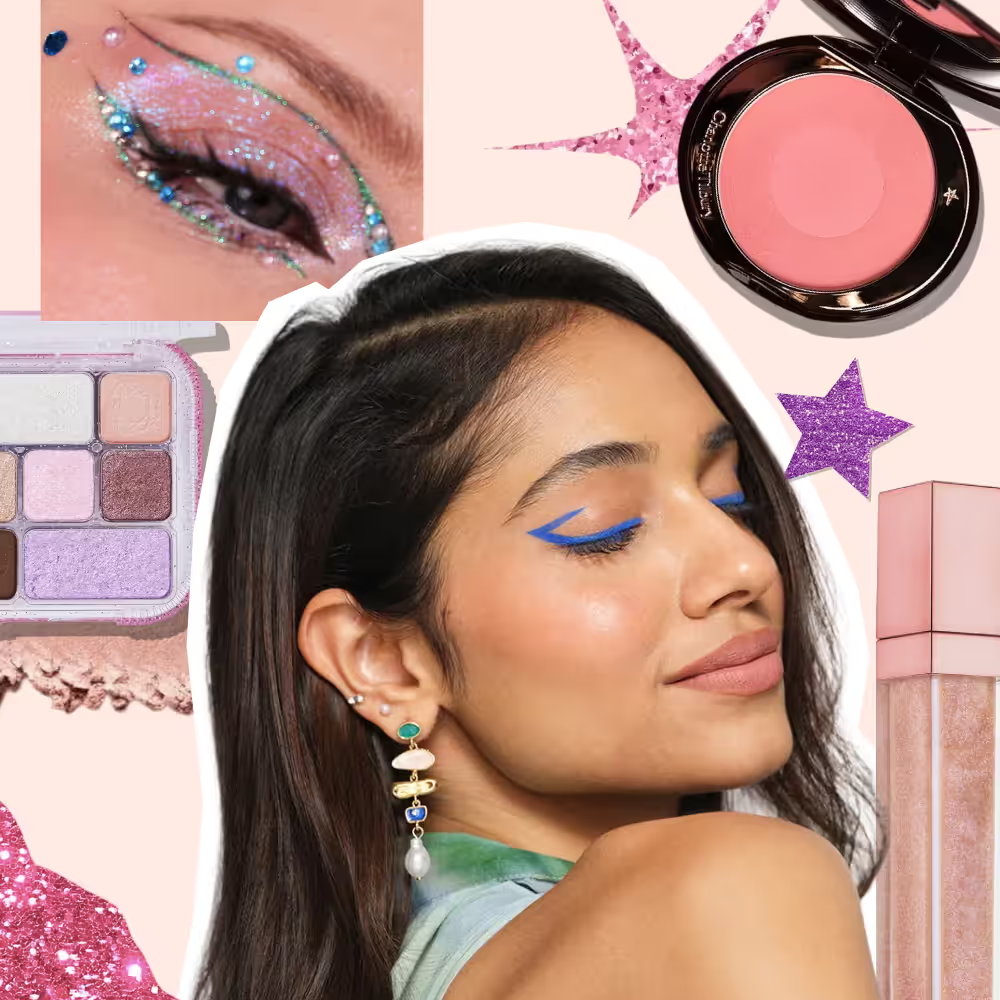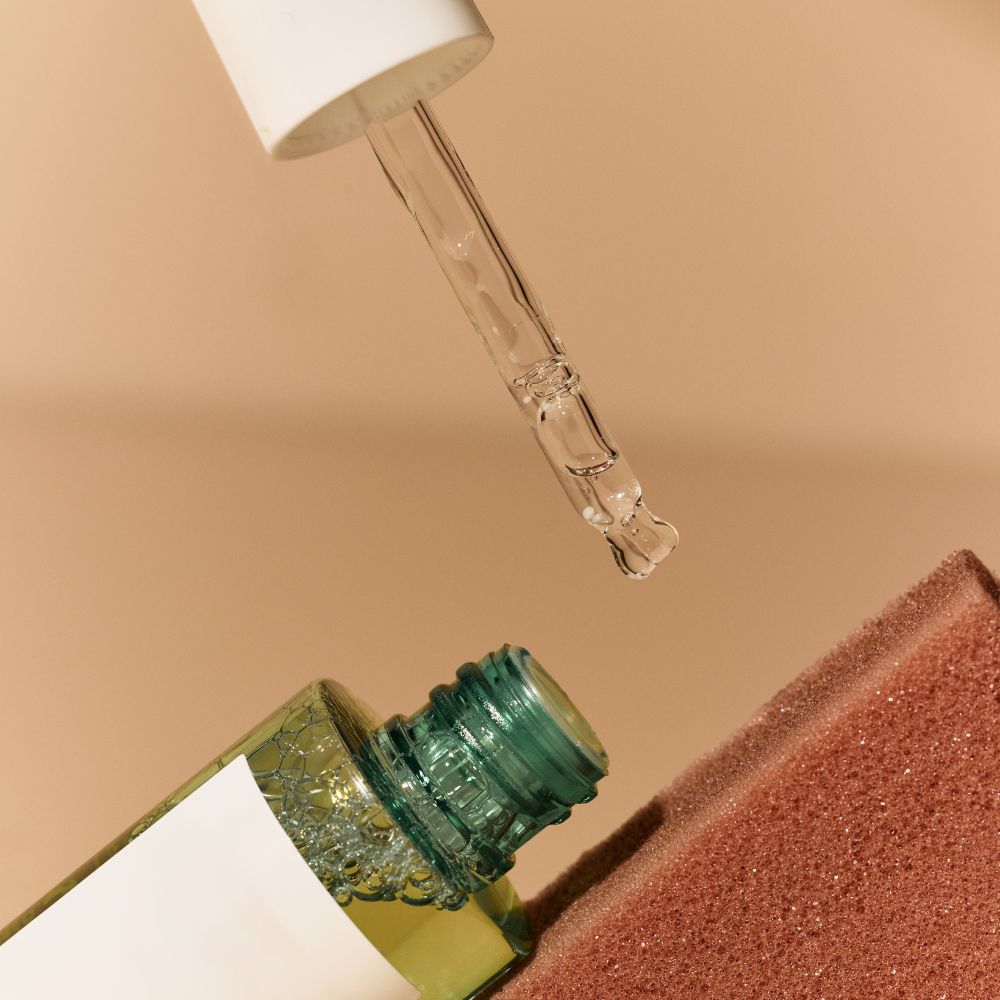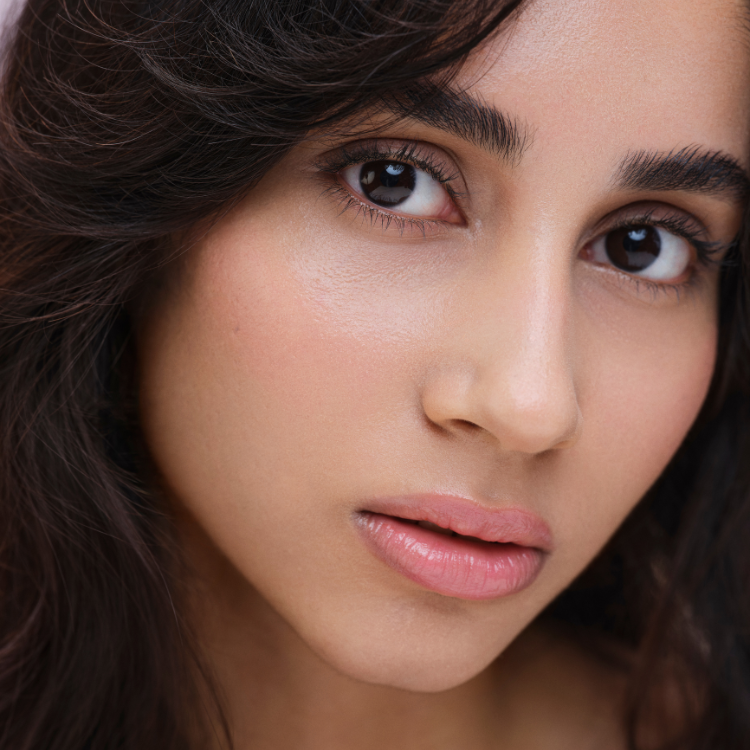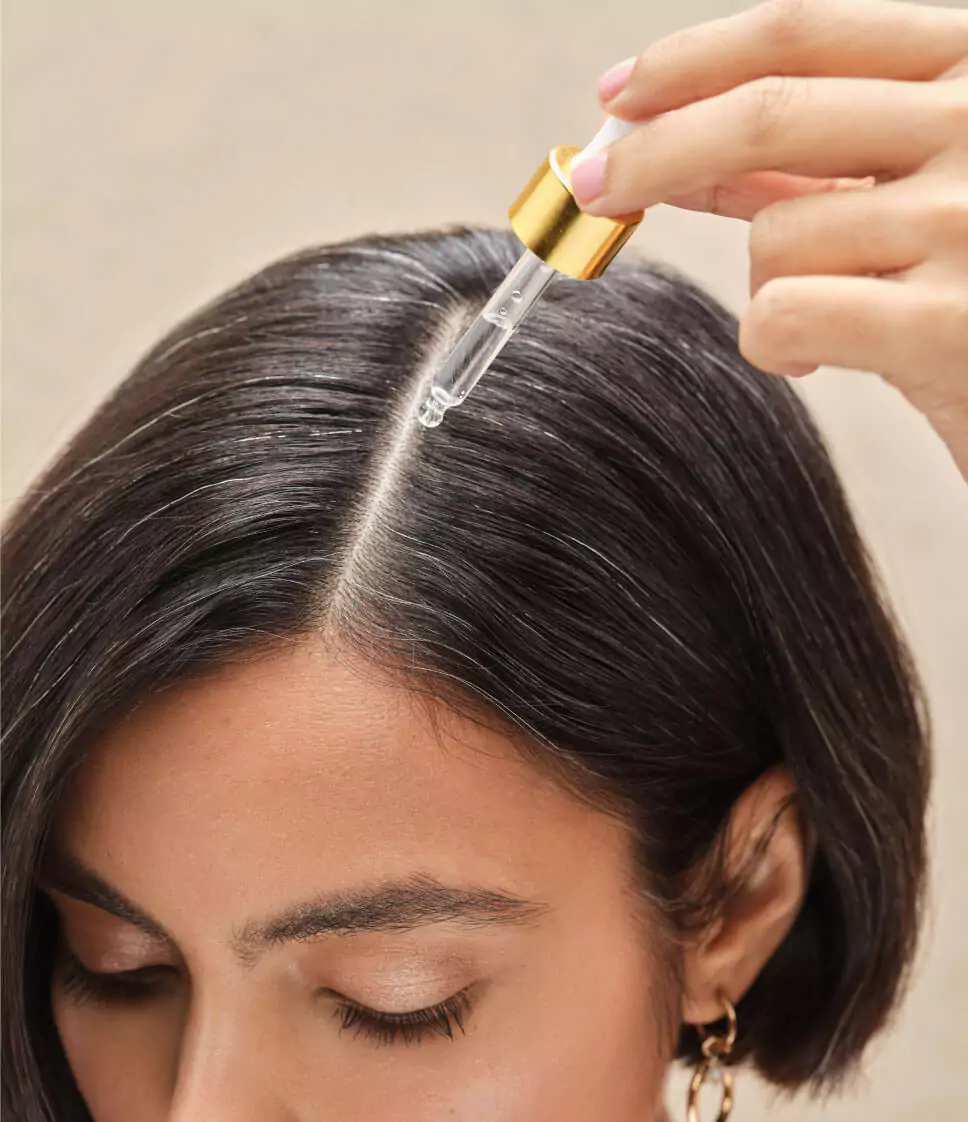
Induced by an overgrowth of the yeast-like fungus Malassezia on the scalp, dandruff can be quite the bother. So, we invited Dr Niketa Sonavane to answer some of the most asked questions on dandruff that will help you navigate through this skin condition. Yes, it may be a common thing, but getting in or fixing it as early as possible is key to prevent it from affecting your scalp healthy and hair quality.
Q: Could my lifestyle choices be the reason I have dandruff?
A: Certainly! Stress, poor hygiene, excessive use of hair products, infrequent shampooing, and a diet high in sugar and saturated fats can all contribute to dandruff. So having a healthy lifestyle is the best way to fight dandruff.
Q: Which ingredients should I look for in my anti-dandruff shampoo?
A: Zinc pyrithione, selenium sulphide, ketoconazole, coal tar and salicylic acid are some active ingredients in hair products for dandruff. These help control the growth of yeast, reduce inflammation as well as exfoliate the scalp.

Q: How often should I use an anti-dandruff shampoo?
A: Your frequency of use is correlated with the severity of your dandruff. When you start your dandruff treatment, shampoo your hair 2 to 3 times a week. Once it’s under control, you can reduce it to once a week or as needed.
Q: Are there any natural remedies or home treatments that can help me control dandruff?
A: At-home dandruff remedies like applying a diluted apple cider vinegar solution for 5 to 10 minutes once or twice a week, massaging fresh aloe vera gel for 15 to 20 minutes before shampooing, and blending a few rops of tea tree oil in a carrier hair oil (coconut or olive) can offer temporary relief. If you don’t have the time to whip these up, KT Professional Nutri Straight Shampoo & Conditioner and Plum Build-Up Control Scalp Scrub work like a charm. However, home remedies are not effective like medicated shampoos when treating severe dandruff.
Q: Am I using any hair products that are worsening my dandruff?
A: It’s likely that the dry shampoo, heavy conditioner or styling gel* you’re using is causing an excess of buildup on your scalp. Opt for non-comedogenic, oil-free and gentle haircare products like Bioderma Node Ds+ Shampooing Anti Dandruff Intense Shampoo that limits the proliferation of yeasts, minimises sebum secretion and soothes an itchy scalp. Side note: avoid applying such products* too close to the scalp.
Q: Can dandruff be a symptom of an underlying medical condition?
A: In some cases, yes. Conditions like psoriasis, seborrheic dermatitis, or fungal infections can present with dandruff-like symptoms. If dandruff persists despite using an appropriate haircare routine, consult a dermatologist to rule out underlying conditions.
Q: Are there any diet or nutritional recommendations to alleviate dandruff?
A: A balanced diet rich in vitamins, minerals, and omega-3 fatty acids can promote scalp health and help get rid of dandruff. Reducing sugary and fatty foods might also help, as excessive sugar and saturated fats could contribute to dandruff.







.JPG)
.JPG)
.JPG)
